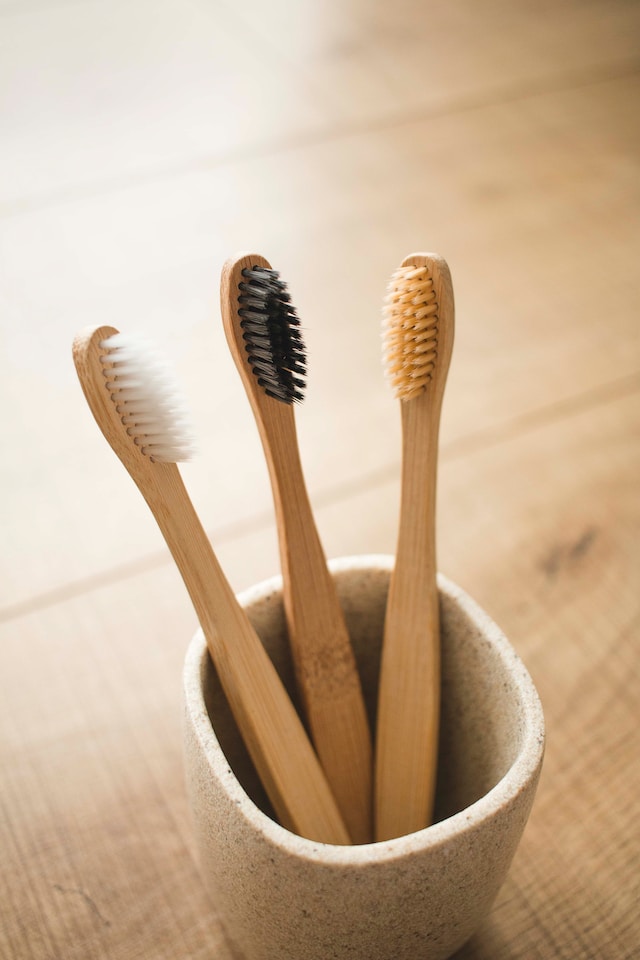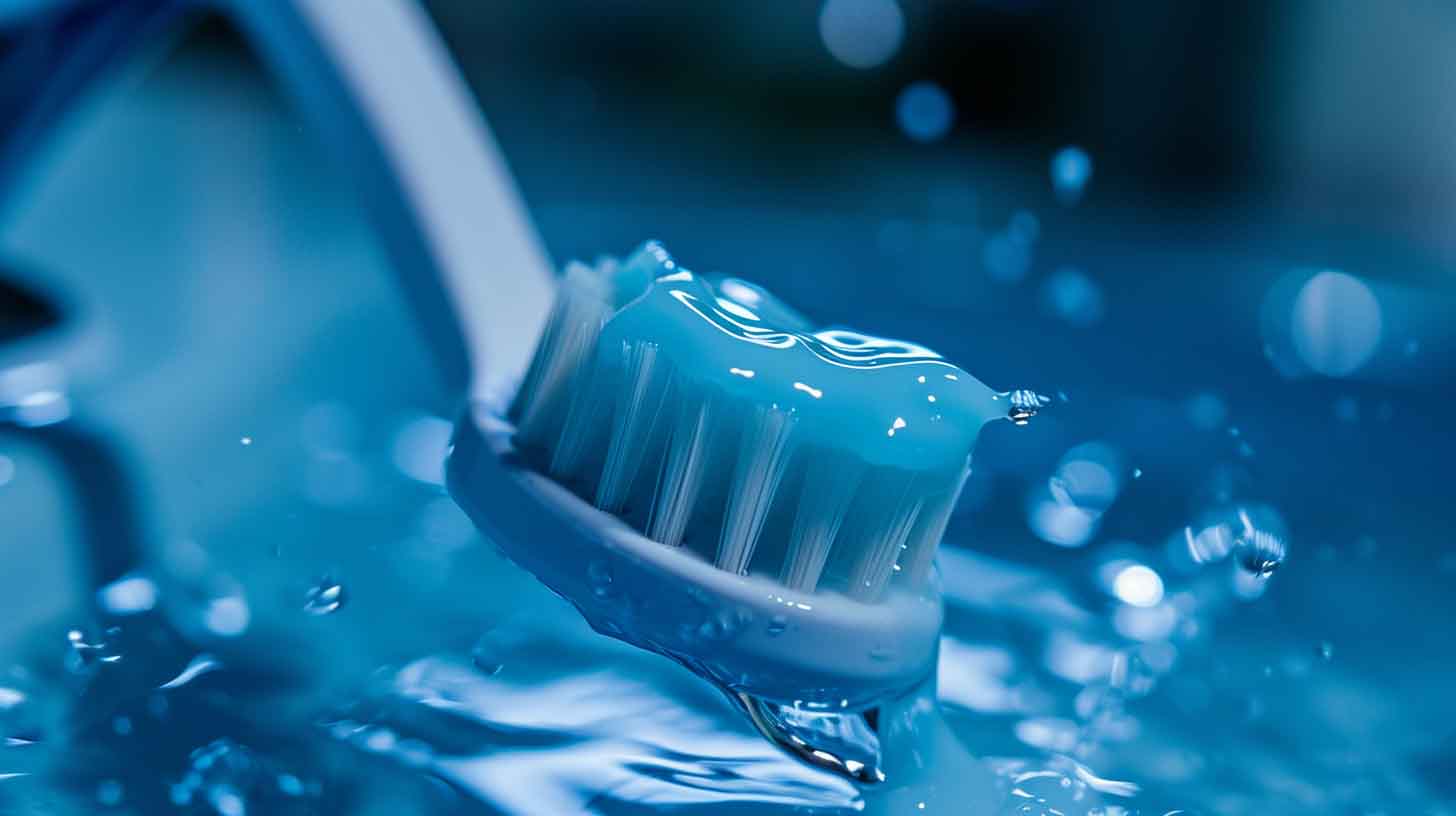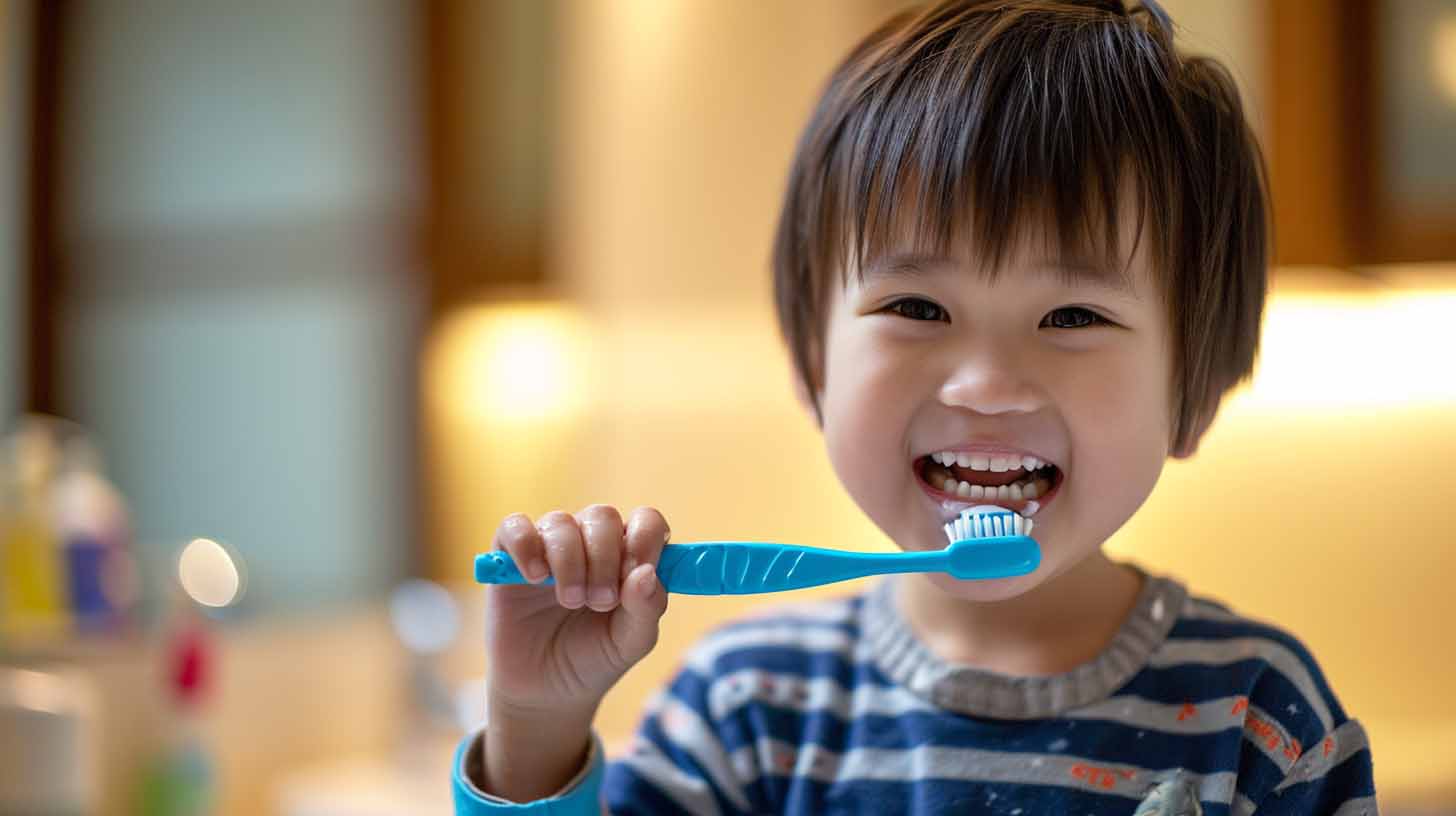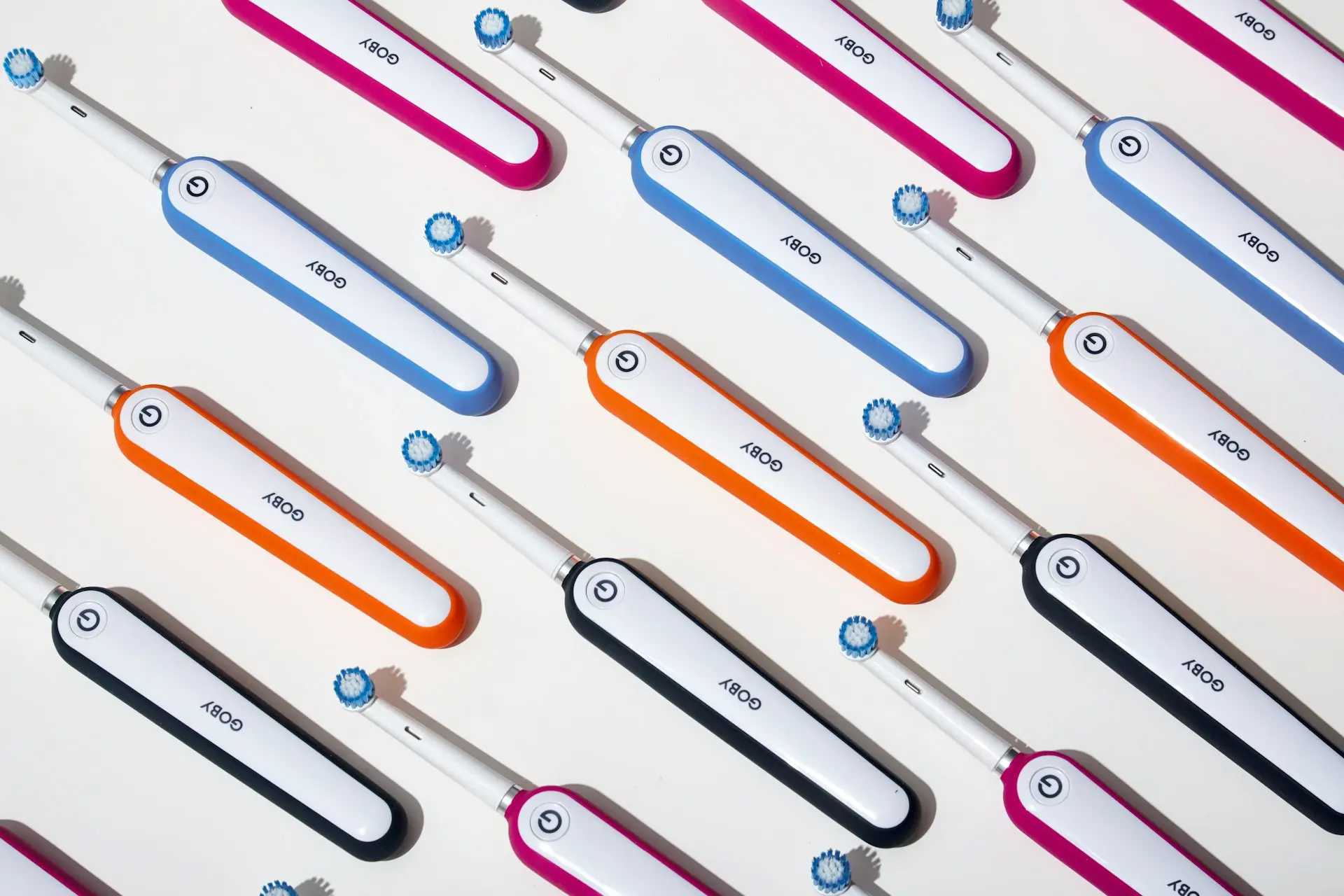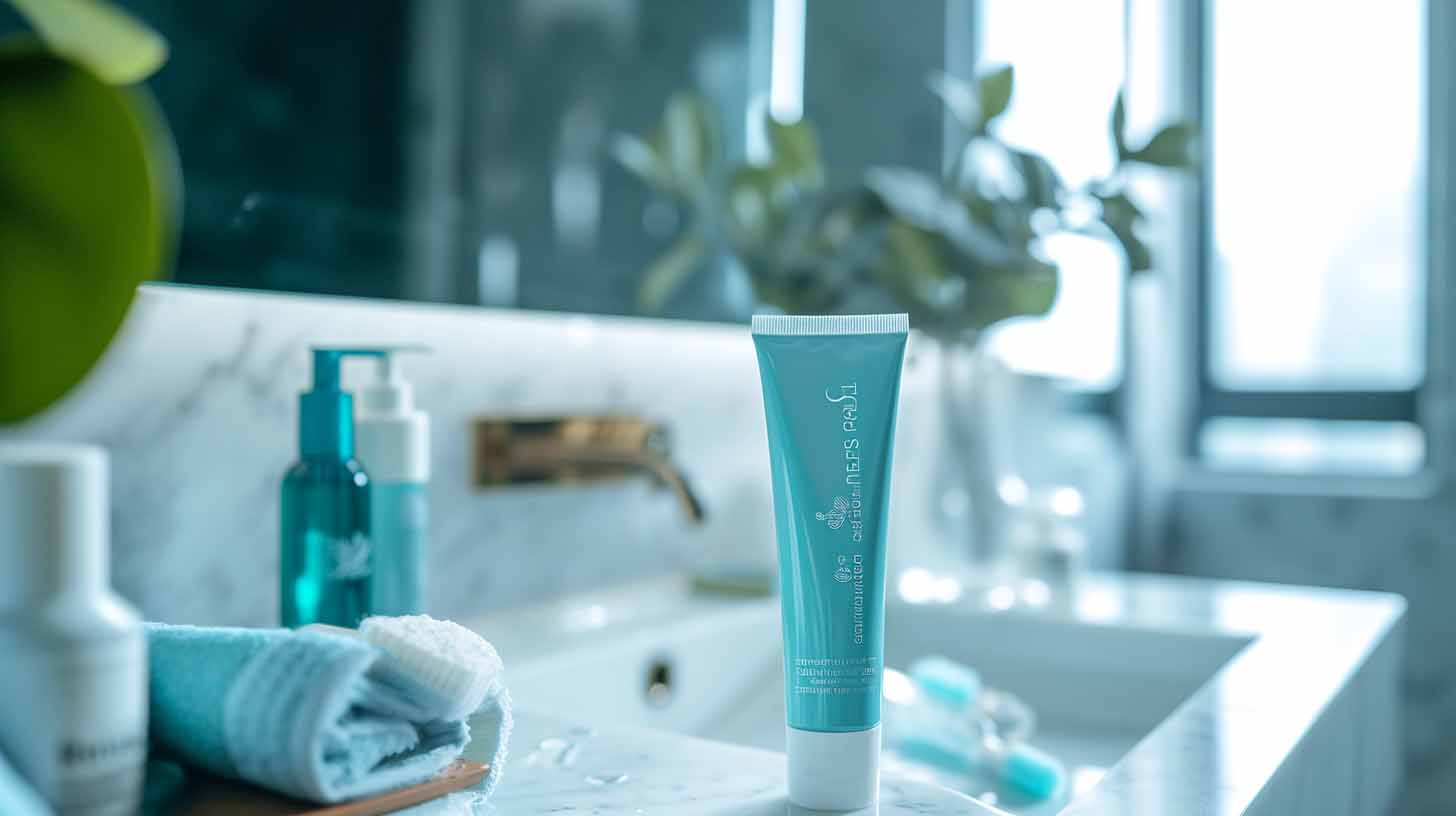Confessions of a Sugar-addicted Dentist
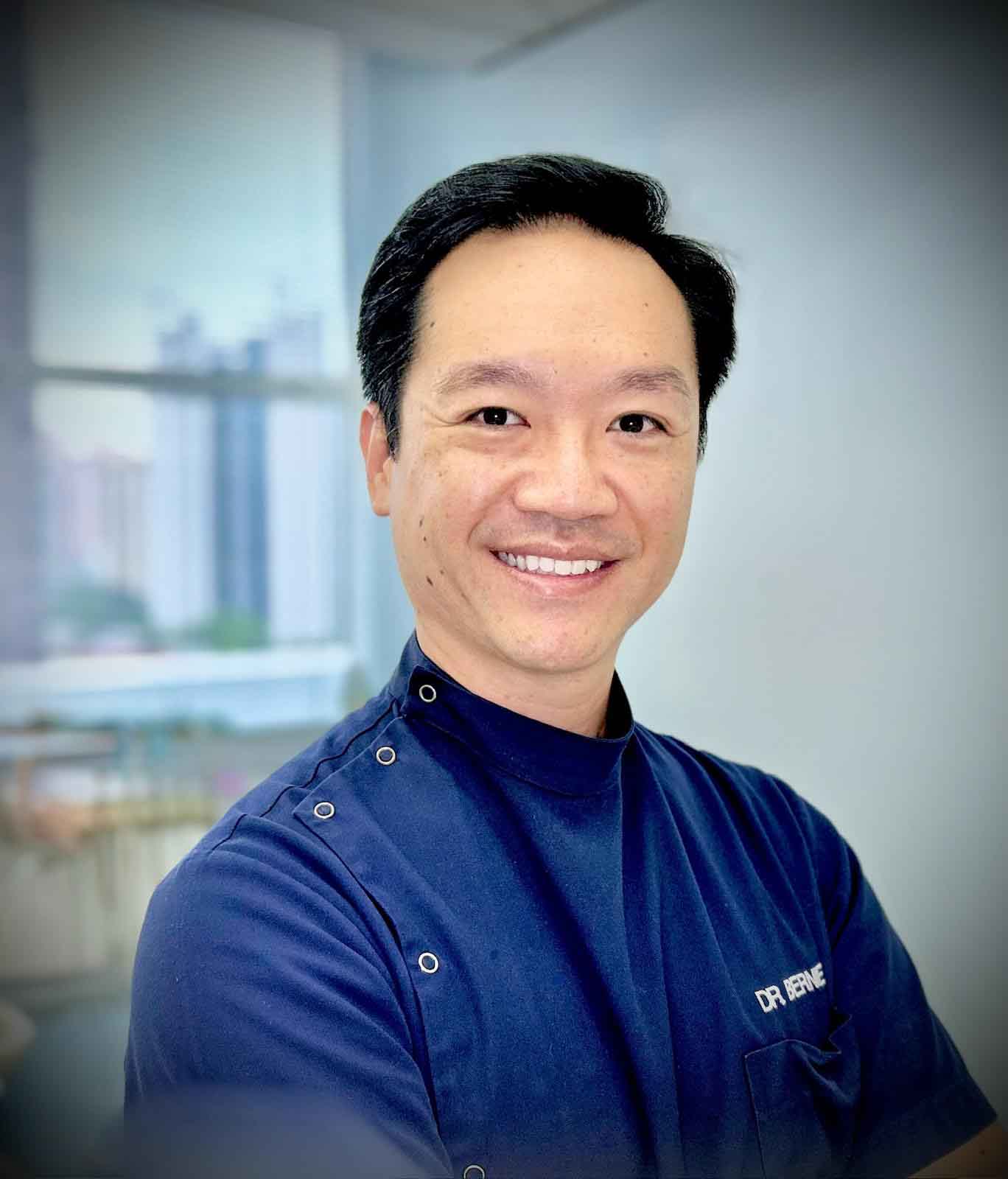
I have a confession to make — I am a Dentist and I have a lot of sugar. More than any Dentist or Doctor would ever recommend.
I Love Sugar!
When I grew up, my mum was especially strict on sugar intake — we were not allowed soda and soft drinks of any kind including fruit juices.
We did have plenty of fruit, which has a lot of sugar as well — discovered later to my shock and horror.
The sugar I take now comes in many forms, they are mostly cookies, cakes and Asian desserts. In Singapore, we get this variety of desserts called the Nyonya Kueh and it is truly mouth-watering.
Before I digress any further and salivate while I write, I must blame my wife whom I have been married to for twenty years. Not only is my other half an amazing cook, she ran a dessert-making business — that’s sugar peddling on a professional level and I have enjoyed seeing our home look like Willy Wonka’s candy factory.
Is Sugar Damaging?
Sugar is very damaging to our health when consumed in large quantities.
And to our teeth, most of us are taught this — if we eat candy and drink soda, we are going to have cavities.
I was led to imagine that my teeth will rot and look like this:
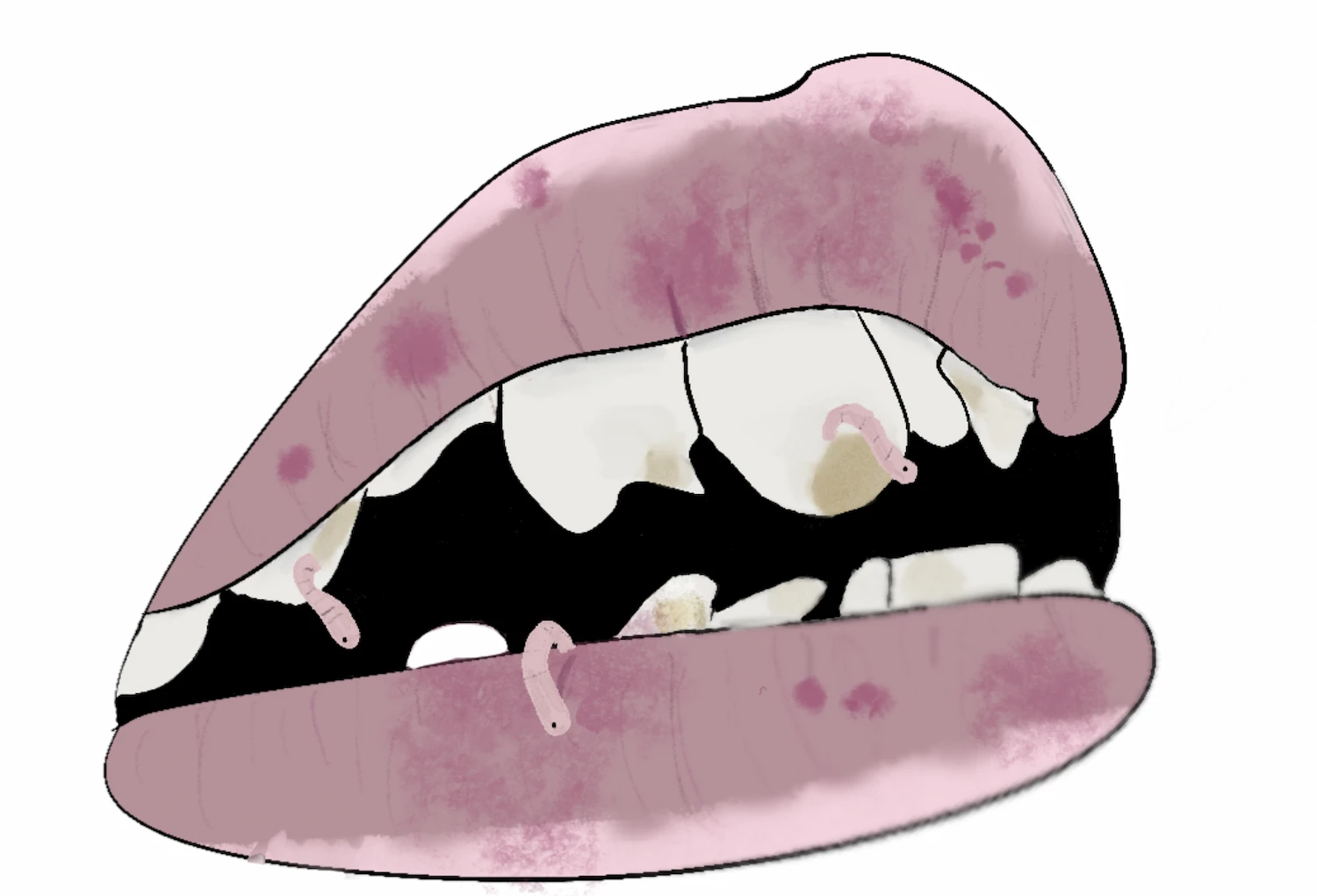
I Imagined I Was Doomed To A Life Of Cavities
There was something I didn’t know before being a Dentist — sugar and bacteria isn’t the direct cause to dental decay.
Before I knew much about the science of teeth, I imagined my teeth being eaten away by bacteria if I don’t brush or that sugar would dissolve my teeth.
I Also Didn't Listen To My Dentist
“Brush your teeth more”, my Dentist would say.
How do you do that? Brush five times a day? Is that enough? For how long? Five minutes? Ten?
Mostly, I ignored my monotonous Dentist's instructions — he didn’t look like he believed his own words.
“Eat less candy”, my Dentist would also advise.
Candy? But I rarely ate candy. So the advice was ignored because it didn’t register as relevant to me.
My Dentist wasn’t wrong.
But in his repetitive zombie-like one-sentence advice, he failed to mention the importance of WHY we need to brush — and HOW we need to brush effectively.
Trooth: Sugar Doesn't Cause Dental Decays
First, let’s make a clarification of the advice. The true science (in flow-chart form) behind the damaging effects of sugar to our teeth is this:
- SUGAR + BACTERIA = ACID (ON TEETH) = DENTAL DECAY.
- ACID (WITHOUT BACTERIA) —> ERODED TEETH —> DENTAL DECAY.
I don’t know about you, but it took me a long time to make sense of this. The biggest revelation is that sugar and bacteria were not the definite “ingredient” for dental decay — the common ingredient was acid.
For most of us that have forgotten our chemistry, all you have to understand about acid is that it has a pH from 0 to under 7 (7 is neutral, and alkaline is pH above 7).
Acids in food come in many different forms and concentrations. The lower the pH the stronger the acid.
The damaging level of acid to teeth enamel is not arbitrary. When the pH in the mouth reaches under 5.5, your enamel will begin to dissolve - imagine it like a melting cube of ice when it is removed from the freezer.
There is another revelation — in the absence of an acidic environment, dental decay does not occur even if sugar and bacteria is present in the mouth.
So back to my situation and the situation for all the sugar-addicts out there — diabetes aside, the important question that I wanted to ask and have answered is:
“How do I continue eating sweets and not destroy my teeth?”
Because really, I didn’t want to have to ask the more logical question that a normal person would ask, “how do I stop eating sweets?”
Like any half-decent scientist, I go to the scientific facts first:
- Sugar plus bacteria produces acid — so if I still have more sugar, the only way to reduce acid is to reduce bacteria.
- Acid without bacteria also causes destruction by erosion. So I must reduce acid exposure.
- When the tooth structure dissolves (or demineralises), it doesn’t remineralise until the acid is neutralised in the mouth.
- In reality, I cannot remineralise my teeth even if the mouth is not acidic and there is no mineral in the mouth.
- Also, if I have spare mineral but the acid is still present the mineral will still remain in liquid form and cannot be reabsorbed into the teeth.
There is only one solution — I minimise the time that the acid remains in my mouth, by swirling small amounts of water in my mouth immediately after something acidic or sweet like an orange juice or wine — and maximise the available mineral quantity and time in my mouth (the mineral supplement will come from my toothpaste).
The purpose of my home dental routine is to do just that.
My Lazy Dental Routine
My daily routine is simple, lazy and so far, effective.
Morning:
I brush my teeth as soon as a wake up from sleep.
I use an oscillating rotary electric toothbrush (I don’t wet my toothbrush) with 1g (a large pea-size) remineralising toothpaste (Hydroxyapatite) and brush for 2 minutes.
I spit out the toothpaste and don’t rinse at all.
I don’t usually eat breakfast, but I'll wait at least thirty minutes before I have water.
Afternoon:
After lunch, I rinse with an undiluted remineralising mouthwash (fluoride) by swirling the rinse in my mouth for at least a minute.
After spitting out the rinse, I either don’t consume anything for 30 minutes OR if I have time, I will brush with a dry manual toothbrush and 1g of remineralising toothpaste.
Same habit applies - no rinsing with water after brushing.
When I have my cookies, cakes, lollies and other delicious acidic and sugary confectionary, I make it a point to have water at hand. I take small regular sips of water and swirl it in the mouth.
The acid is never allowed to remain in the mouth for long.
Night:
Just before bed, I repeat the morning routine. The most important thing is to let the remineralising toothpaste residue remain in the mouth for the whole night. Think of it like a moisturiser for your teeth.
It’s simple math. If my mouth is exposed to acid for an hour throughout the day but my teeth are able to remineralise for six hours (even if it is just overnight), I should be decay-free.
I'm Still Decay-free!
So far, I have been able to avoid getting tooth decay since I discovered this routine many years ago. Now I just have to watch my weight and blood sugar.
If you suffer from dental decay or erosion, you will need to adjust your routine. Consult your dentist to discuss cultivating your own preventative habits. It is powerful to know that you can manage your decay risk and it isn’t one size fits all. Just make sure you stop the acid.
P.S. I have also started snacking on savoury potato chips as well. So, I have in fact, added risk of high blood pressure to dental decay and diabetes. Fun times.
Subscribe to be
the first to know about new articles
